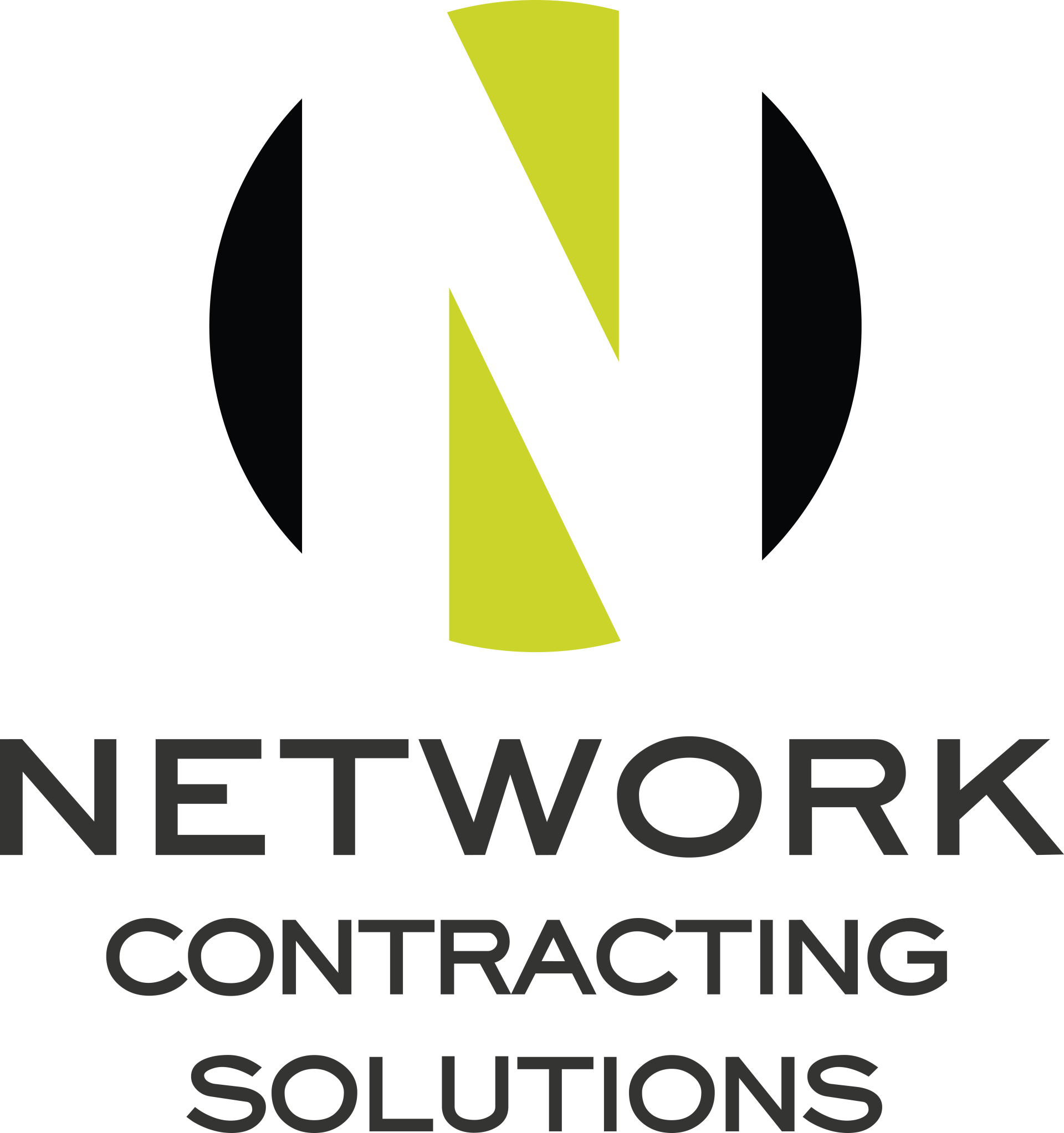On a flight to Cape Town recently, I was forced to ponder the psychology behind those who choose to follow 'rules' (or norms) and those who don't. Things like wearing a mask for the duration of the flight, switching your cell phone to flight mode or not standing up until your row is called to exit the plane. Naturally, if you are largely a 'rule follower', when those around you do not comply with a rule that you have chosen to follow, you tend to have a very negative reaction to the 'rule breaker'.
But, should this be the case? Or, do we all (on some level) have an element of 'rule breaker' within us? Anyone paid e-tolls lately?
Ask yourself whether you often resist rules or procedures? Do you welcome opportunities to break the status quo and create new stuff or innovate? Do you consider yourself a change agent? If you answered 'yes' to any of these questions, then you are probably a 'rule breaker' in some way, shape or form.
Becoming a 'rule breaker' doesn't happen overnight. Our attitude to risk develops from early childhood and, by the time we reach adulthood, these attitudes are often our natural coping responses to adversity or conflict.
Fortunately, 'rule breaker' tendencies are sometimes tempered by a need to succeed, to be perceived positively or to be liked. Most 'rule breakers' have some boundaries that stop them from going too far (unlike Bernie Madoff, Billy McFarland et al).
There is no doubt that breaking a rule and getting away with it triggers brain chemicals that help us to rationalise the transgression. Being able to rationalise allows us to make exceptions of ourselves when it comes to abiding by the law, which is reinforced each time we get away with a transgression. So, while we all might agree that laws are required to keep order in society, we might come to believe that these same laws apply don't apply to us if we feel that they're unreasonable, inconvenient, go unpunished or have no real consequences.
As an example think of it like this…
When you get onto a plane, the rule is that you have to switch off your mobile phone (technically so that your mobile signal doesn't interfere with the operation of the plane and potentially cause a crash). However, over years, the lines have become blurred.
Firstly, mobile operators created 'flight mode', so you can switch your phone into this mode, instead of switching it off completely which, bizarrely, is allowed by some airlines and not others. As far as I'm aware, few (if any) commercial air crashes have been attributed to a mobile phone being left on, in-flight. So, because the potential risk seems exaggerated (and, therefore, unreasonable) and because there is a reasonable alternative (flight mode), we often ignore the 'phones off' or 'phones on flight mode' rule now.
Looking at the research, it seems that we break rules for the following reasons:
- The number one reason that we break rules is because rule-breaking is rewarding. Instead of feeling guilty or remorseful, we feel smarter and more capable when we break a rule, which gives us an endorphin high (which becomes addictive).
- Defying authority gives us a sense of freedom and makes us feel like we are able to make associations that aren't apparent to people who obey the rules – the 'I don't need anyone to tell me what to do' school of thought (and more endorphins).
- The reason could be situational. Breaking rules can be less about our innate character and more to do with the situation that we find themselves in. Some of us may be more willing to break a rule under certain conditions or mindsets – e-tolls being a good example.
- When Apple talked about the 'crazy ones, the misfits, the rebels, the troublemakers, the round pegs in square holes, the ones who see things differently' not being 'fond of rules', it highlighted the fact that rule-breakers are creative, divergent thinkers. Supporting this, a study by Francesca Gino and Dan Ariely (I'm a huge fan) found that breaking the rules is associated with creativity - being able to think outside of the box to see non-visible solutions and make them reality.
- Finally, rule-breaking is associated with perceptions of power – we break rules because we need to feel (or be seen) as powerful (those endorphins again).
So, if the high that we get from breaking a rule is rewarding and reinforces our belief that we are special, why can't we just let rule-breaking be?
I believe that there are two issues with 'rules don't apply to me' thinking, particularly in our working environments. Firstly, if left unchecked, 'non-compliant' behaviour can generate resentment in a team. If one employee is allowed to bend the rules persistently or is given liberties that other members are not, the team will eventually start to dislike the status quo. Over time, the behaviour escalates, which can have long-term consequences for team cohesion, motivation and engagement. Secondly, allowing 'bad' behaviour from one person opens the flood gates to rule-breaking from the rest of the team – or 'if they're able to break rules and get away with it, why can't I' thinking. So, how do we, as leaders, manage this more effectively?
Set clear rules – and apply them consistently…
I'm not a great believer in too many rules and would rather have a few clear, precise rules that work (and can be applied consistently) than reams of vague rules that are difficult to implement. This is because too many rules create homogenised behaviour, which stifles creativity and innovation.
To avoid hidden grey areas, be careful of setting rules that are open to interpretation. Clearly state what conduct is unacceptable and let your team know how transgressions will be handled.
In other words, as Dan Ariely suggests, set rules that clearly show people when they are in the right (or wrong) and offer examples of alternative behaviours that are acceptable.
Understand 'friction' and 'motivation'…
Dan Ariely's research has shown that, even when we know that behaviour is dangerous (like smoking), we still don't give it up. To change behaviour, understanding 'friction' (whether easy-to-action behaviour is aligned with the right behaviour and, if it is not, finding ways to make it so) and 'motivation' (what truly motivates people to follow the rules) is key.
Portray consensus.
When we know that an attitude is shared (or not) by others, we're more likely to adopt (or reject) it. If the majority of people diligently wear masks correctly, it's more likely that more will adopt this approach. And, while this might not work for all, it will work for most.
As leaders, we need to set rules that are reasonable, clear and precise. Rules that don't create friction in application – then we need to understand the motivation needed to follow them.
As Wallace Stegner said: 'It is the beginning of wisdom when you recognize that the best you can do is choose which rules you want to live by, and it's persistent and aggravated imbecility to pretend you can live without any.'
And, to the guy in 11C: You are not Elon Musk or Steve Jobs! Please wear your mask for the protection of everyone or else drive, don't fly!










